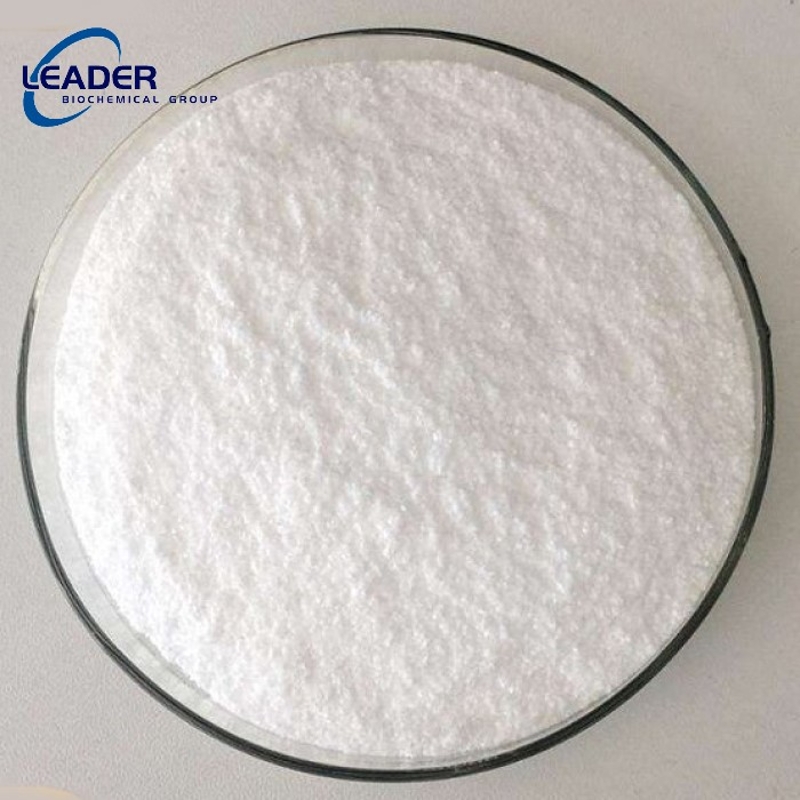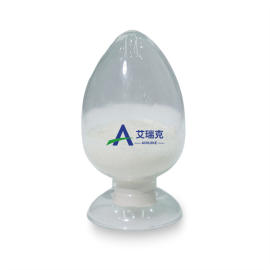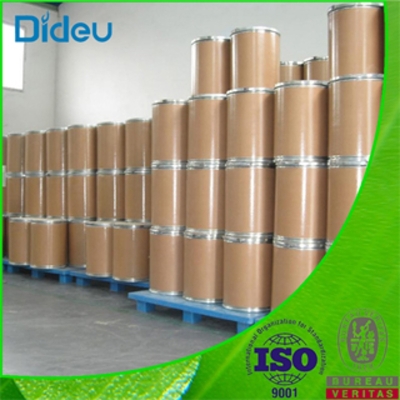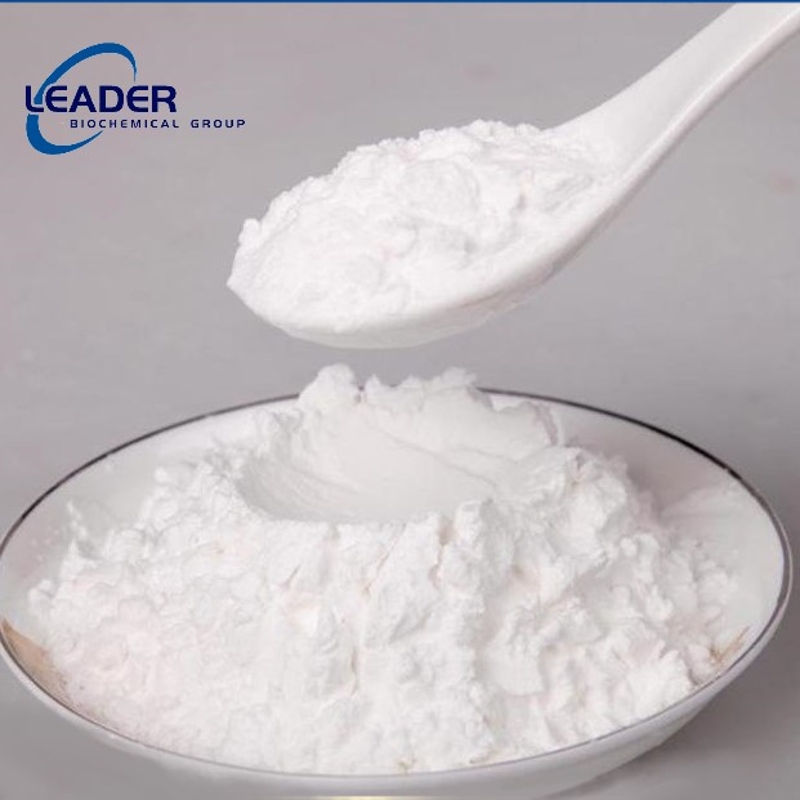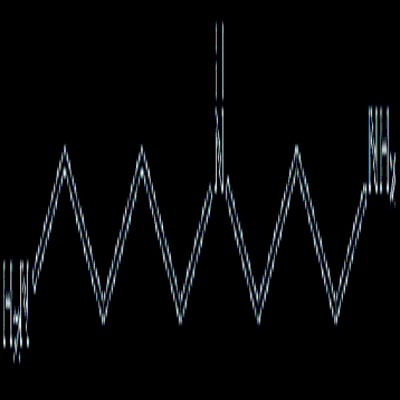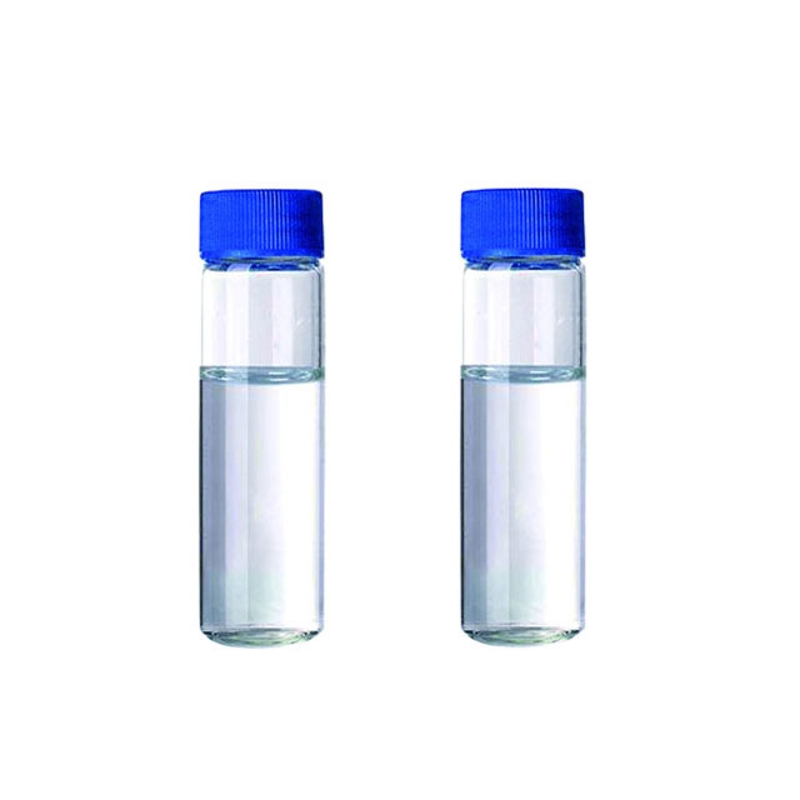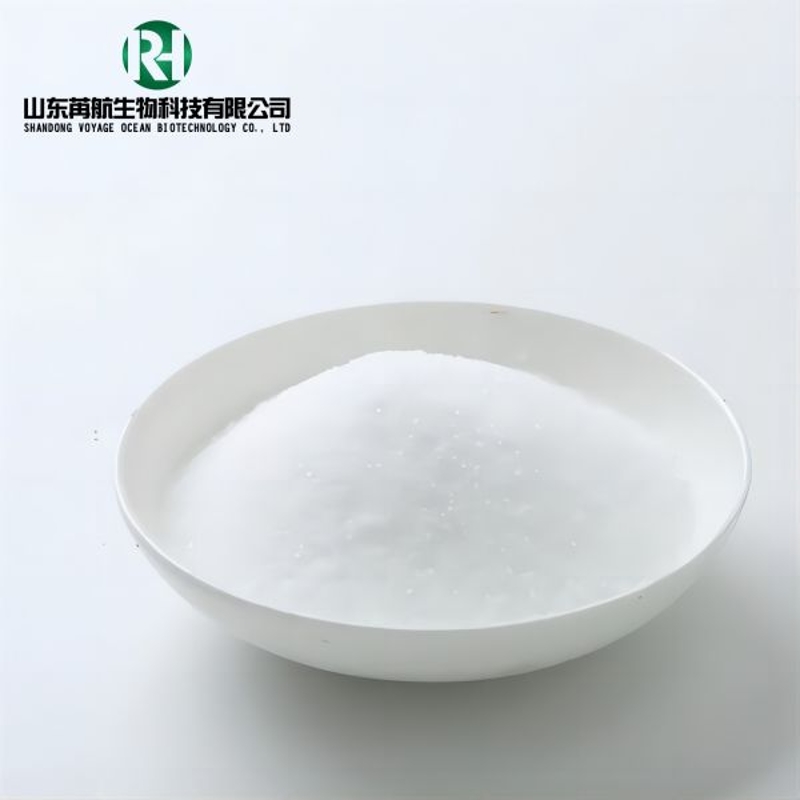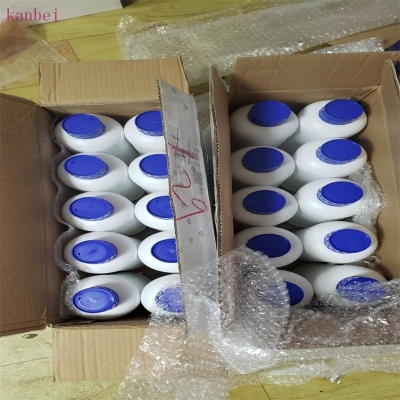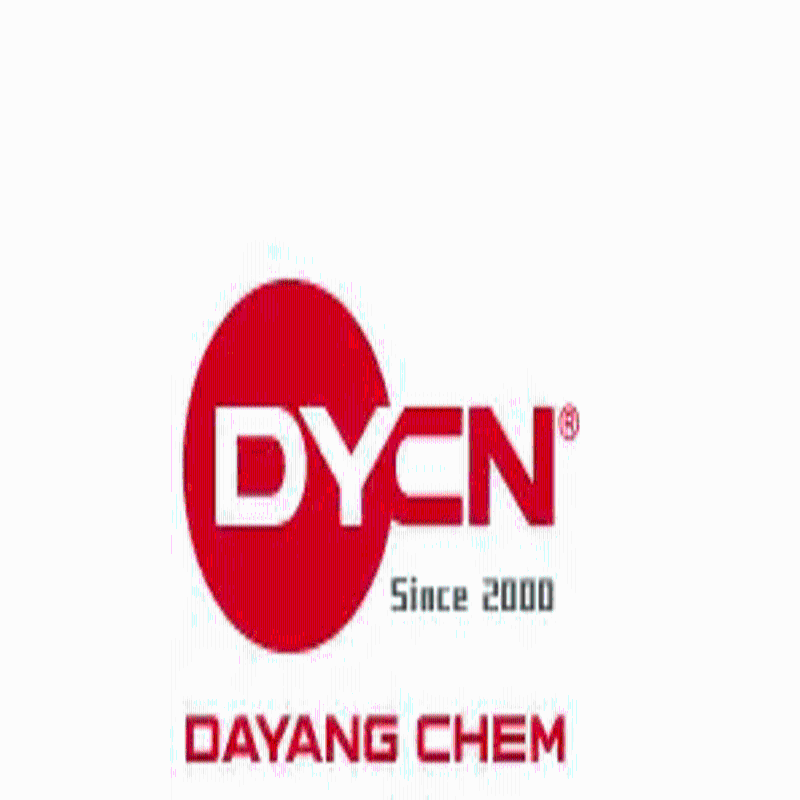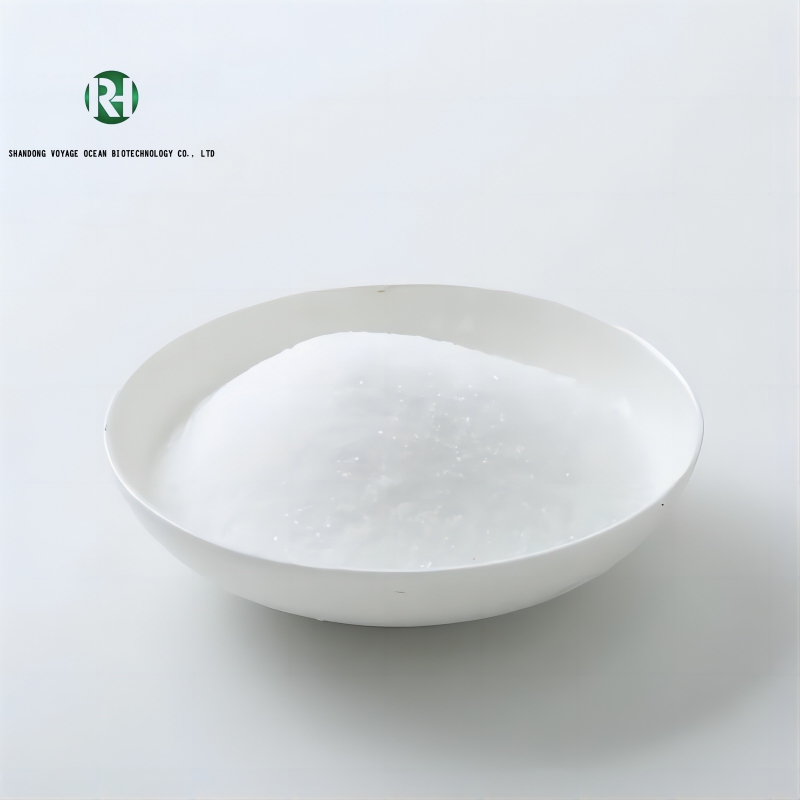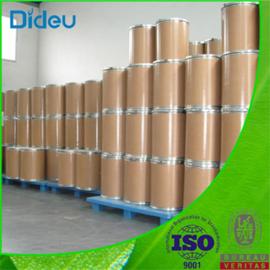Chemical Reagents
- • Deuterated Reagents (124)
- • Organic Reagents (9950)
- • Silane Reagent (852)
- • Chiral Chemicals (23)
- • Grignard Reagent (5)
- • Desulfurizer (20)
Related News
-
What Reagent Is Used To Test For Starch
2022-03-03 -
Meditex Bangladesh2019
2018-11-09 -
International Exhibition for Laboratory Equipment and Chemical Reagents
2017-06-20
Sort Organic Reagents Alphabetically
Organic Reagents
5-Benzyloxyindole
(1215-59-4)-
Industrial Grade / 99%
-
- / 99.00%
-
Pharmacy Grade / 99%
-
![5-Benzyloxyindole buy 5-Benzyloxyindole]()
Request for quotation , get quotes from more suppliers.
(Trimethylsilyl)acetylene
(1066-54-2)-
- / 0.00%
-
- / 99.00%
-
Pharmacy Grade / 0%
-
Industrial Grade / 99%
Request for quotation , get quotes from more suppliers.
-
- / 99.00%
-
- / 99%
-
![Xanthene buy Xanthene]()
Industrial Grade / 99%
-
![Xanthene buy Xanthene]()
Industrial Grade / 99%
Request for quotation , get quotes from more suppliers.
9-Ethylcarbazole
(86-28-2)-
Industrial Grade / 99%
-
- / 99.00%
-
Pharmacy Grade / 99%
-
Chemical Grade / 99%
Request for quotation , get quotes from more suppliers.
Spermidine
(124-20-9)-
Food Grade / 1%
-
Food Grade / 99%
$2000.38/KG FOB
-
Food/Pharmaceutical Grade / 98%
-
Pharmacy Grade / 99%
Request for quotation , get quotes from more suppliers.
Bis(2-chloroethyl)amine hydrochloride
(821-48-7)-
Industrial Grade / 99%
-
-
- / 99.00%
-
- / 99.5%
Request for quotation , get quotes from more suppliers.
2-(Trifluoromethyl)benzaldehyde
(447-61-0)-
- / 99.00%
-
Industrial Grade / 99%
-
Industrial Grade / 99%
-
- / 99%
Request for quotation , get quotes from more suppliers.
1,1,3,3-Tetramethylguanidine
(80-70-6)-
Industrial Grade / 99%
$5-6.5/KG FOB
-
Industrial Grade / 98%
-
- / 99.00%
-
Request for quotation , get quotes from more suppliers.
Glutaric anhydride
(108-55-4)-
Industrial Grade / 99%
-
- / 99.00%
-
Different Grade / 99.9%
$0.1/KG EXW
-
- / 99.5%
Request for quotation , get quotes from more suppliers.
p-Toluenesulfonic acid monohydrate
(6192-52-5)-
Industrial Grade / 99%
-
-
- / 0.00%
-
Different Grade / 99.9%
$0.1/KG EXW
Request for quotation , get quotes from more suppliers.
Source Organic Reagents Raw Materials by Region
More Information
Organic reagents, which are essential in many branches of chemistry, are the main actors in organic transformations and synthesis. These organic chemistry reagents are very important in building large molecules and are involved in reactions that include oxidation, reduction, substitution and polymerisation. Some of the most commonly used organic reagents include acids, bases and solvents all of which play different roles in chemical reactions. In many industries for instance the pharmaceutical industry, agriculture and materials science, these reagents have played a major role in developing new products and technologies.
Applications of organic reagents include:
● Pharmaceutical drug synthesis
● Agrochemical production
● Polymer manufacturing
● Dye and pigment creation
● Catalysts in industrial applications
● Fine chemical development











